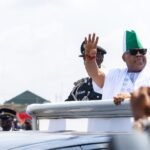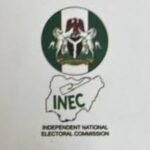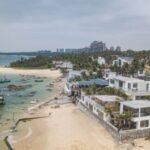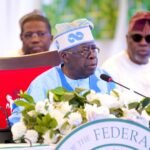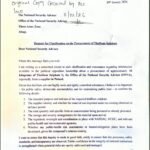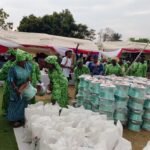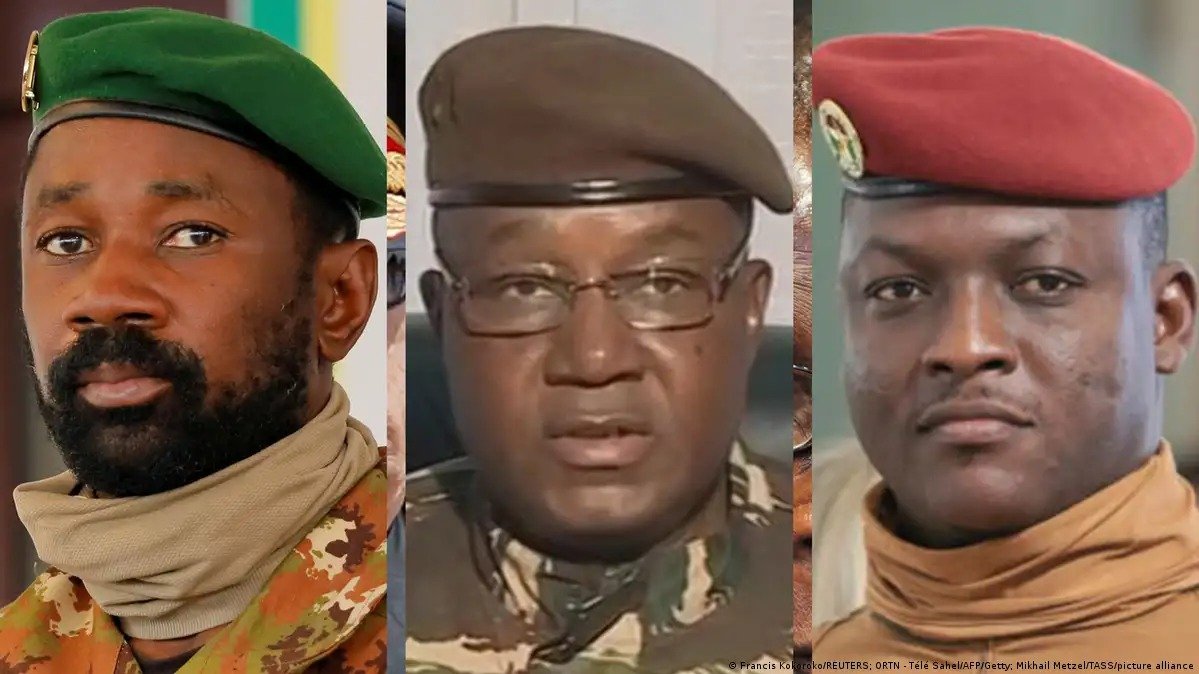

By Paul Ejime
Senegal will host a conference on Saturday, 1 June under the theme “The Alliance of Sahel States, a new platform for Senegal’s regional integration,” a development that could have potential implications on the unity and cohesion among ECOWAS member States, according to diplomatic sources.
In an ironic but provocative move, Niger, one of the three so-called Alliance States of the Sahel (AES/ASS), which are dissociating themselves from ECOWAS, has invited other ECOWAS member States to join the Alliance, even when the 15-nation regional economic bloc is making efforts to win the three back to its fold.
“I don’t intend to be provocative, but I suggest that ECOWAS countries join the AES. There are ECOWAS states that probably would like to join the AES because the AES respects the sovereignty of each State and the continent as a whole,” Niger Prime Minister Ali Lamine Zeine was quoted as saying on Thursday.
According to organisers of the Dakar meeting, attendees will be representatives of Senegal’s civil society, including the ruling Coalition PASTEF, the Front for a Popular and Pan-African Anti-Imperialist Revolution, FRAPP, and the West African Economic and Monetary Union, UEMOA.
“The current situation in the areas of economy and security” would be addressed, diplomatic sources said, noting that Senegal “has a mutually beneficial economic and trade partnership with the countries of the (AES/ASS) region.
The conference follows Senegalese President Diomaye Faye’s recent visits to Mali and Burkina Faso.
Junta leaders in the two countries, along with their counterparts in Niger, set up what they called Sahel Alliance States (AES/ASS) last September and announced their countries’ withdrawal from ECOWAS in January this year.
ECOWAS, after lifting the sanctions imposed on the three countries along with Guinea over the military takeover of elected civilian governments, has insisted on the return of the four to constitutional rule.
However, the junta leaders have proposed long political transition timetables of three to five years, with provisions that they will also be eligible for post-transition elections.
Analysts consider this confirmation that the soldiers are out for a power grab rather than their professed salvation of the population.
Before his trip to Mali and Burkina Faso, President Faye had paid a lightning visit to Nigeria for talks with President Bola Tinubu, the current Chairman of ECOWAS on 16 May. During their discussion, both men agreed to work together, toward the return of the four countries to the ECOWAS fold.
ECOWAS has never recognised the AES/ASS as an entity, neither has any country or organisation.
The regional bloc also maintains that the withdrawal of any member State takes a one-year procedure according to the organisation’s protocol.
Assuming Faye is working on behalf of ECOWAS, his government’s hosting of a conference with AES/ASS member States as a group could be interpreted as a recognition of the group and this could pose a diplomatic problem for his administration and the cohesion/unity of ECOWAS.
Senegal as a sovereign nation can engage in bilateral cooperation with any of the three countries but engaging them as a group could constitute an affront to ECOWAS and undermine the collective efforts by the regional bloc to win back the four countries.
Senegal’s Minister for Livestock, Dr Mabouba Diagne, was quoted during Faye’s visit to Bamako on May 21, as saying that Senegal in 2022, exported goods worth more than US$1 billion to Mali, with petroleum products as the main export followed by cement, while meat imports from Mali contributed “significantly to the development of Senegalese agriculture.”
The AES/ASS countries have established Joint Forces to fight terrorism and armed groups while sharing intelligence, and Senegalese Prime Minister, Ousmane Sonko is quoted as saying, that he “shared the visions of the AES/ASS leaders and was ready to support them.”
The big question is whether Senegal is pursuing its bilateral/national interests or working for ECOWAS by hosting this meeting.
“The role of external economic and political actors (France, USA and other Western countries) in Senegal” is another topic on the Dakar conference agenda.
Senegal’s economy is highly dependent on France, with about 80% of the companies operating in Senegal being French, which means a large capital outflow from Senegal to the treasury of its former colonial power.
Meanwhile, like the three AES/ASS countries, Senegalese authorities, have already announced their intention to renegotiate trade agreements with international partners.
In this regard, the French-controlled CFA franc used by its former African colonies is a hot topic.
The Dakar conference is also expected to discuss the French military presence in the region.
France still has a military presence in Senegal, but French soldiers have been expelled from Mali, Burkina Faso, and Niger, with growing anti-French sentiments in Francophone African countries.
The meeting is also expected to discuss other topics of mutual interest including the “effectiveness of modern African institutions such as ECOWAS and the African Union,” the diplomatic sources added. ##

